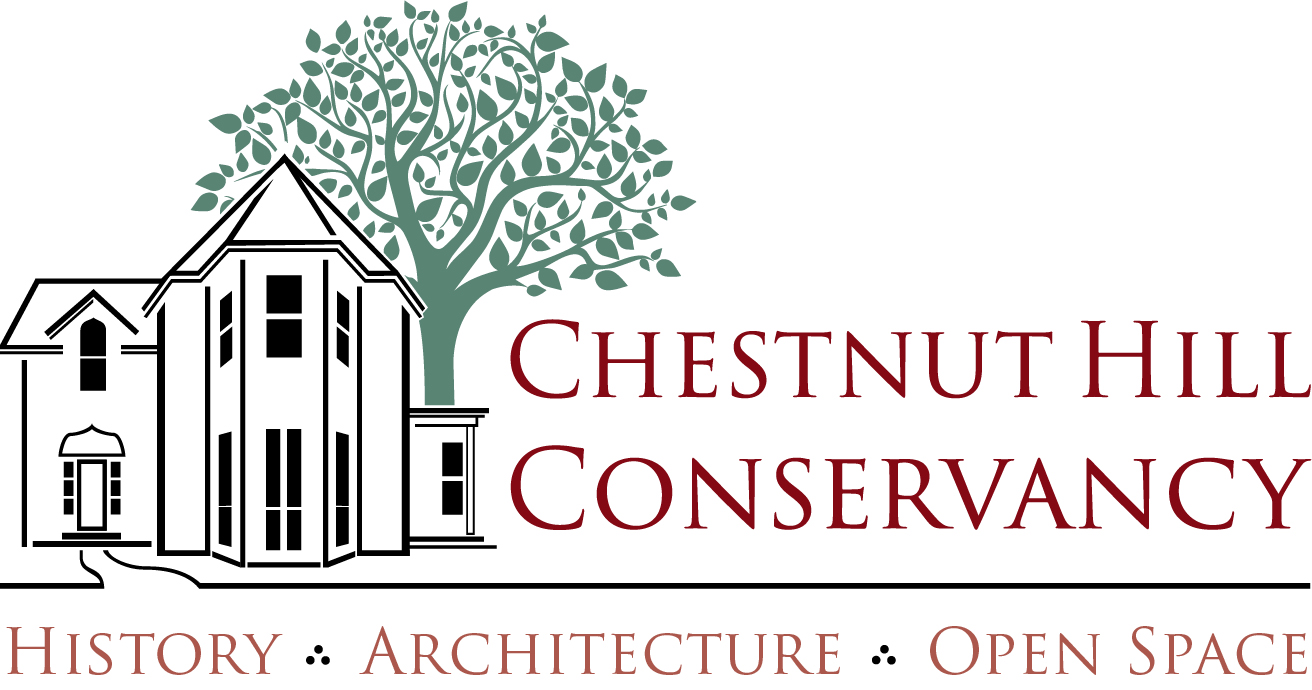Easements
Keeping Chestnut Hill green as the nation’s first urban accredited land trustNationally Accredited Easement Program
– PROTECTING THE WISSAHICKON WATERSHED –
CONSERVATION EASEMENTS
Above: Thanks to a generous conservation easement donation, the Chestnut Hill Conservancy ensures that 5.6 acres of Krisheim Meadow will remain open space. Located along McCallum Street between Gate House Lane and Mermaid Lane, the meadow provides a scenic gateway into the Chestnut Hill neighborhood. The Chestnut Hill Conservancy has the distinction of being the nation’s first urban accredited land trust. (photo: C. Nancy Evans)
PRESERVATION EASEMENTS
Below: Constructed in 1854, this wonderful Italianate-style Victorian house is attributed to Samuel Sloan, a highly influential architect of the mid-19th century. The Chestnut Hill Conservancy holds an easement on its facade, as well as a conservation easement on the property’s land. (photo: Bradley Maule)

Photo by Bradley Maule
Easements preserve open space and historic buildings
The Chestnut Hill Conservancy and the Friends of the Wissahickon jointly sponsor an Easement Program for Chestnut Hill, surrounding communities, and the Wissahickon watershed. Easements, or donated development rights, are the strongest preservation tool available to us.
Established in 1990, the program encourages property owners within the Wissahickon watershed to donate potential development rights to the Chestnut Hill Conservancy, assuring that the properties will never be developed or subdivided in the future. Owners of historic structures can also donate façade easements, forever protecting architecturally significant buildings from inappropriate alterations or additions. The program currently manages 52 easements (valued at over $10 million), which protect more than 100 acres of open space and 21 historic façades.
Homeowners who voluntarily donate easements are making a major contribution to the Chestnut Hill community — caring for native wildlife and their habitats, safeguarding water quality, preserving important historic buildings and structures, and conserving open space in the face of surging development pressure.
As an additional incentive to owners, the value of the easement is usually considered a charitable contribution and may be taken as a deduction for federal income tax purposes.
If you own property in or around Chestnut Hill and would like to protect it from future development, the Chestnut Hill Conservancy can help you create a conservation or façade easement that meets your needs and your vision for the future of your property. Contact the Conservancy’s Easement Manager, Krista Gebbia.
To learn more about easements, click HERE. For more information, request a copy of our comprehensive brochure, Protect the Place You Love, or take a look at this sample easement document. Browse the websites of the national Land Trust Alliance and WeConservePA.
For more information about best conservation practices on your property, visit our Conservation Resources page.
Learn more about Native Plants with our Guide to Native Plants in the Philadelphia Region.
The Chestnut Hill Conservancy has earned national recognition for land conservation work that meets national quality standards, upholds the public trust, and ensures that conservation efforts are permanent. This accreditation seal is a mark of distinction given by the Land Trust Accreditation Commission, an independent program of the Land Trust Alliance. The Chestnut Hill Conservancy is one of only 436 land trusts in the country (as July 2019) that have earned this distinction — and the first urban accredited land trust.


